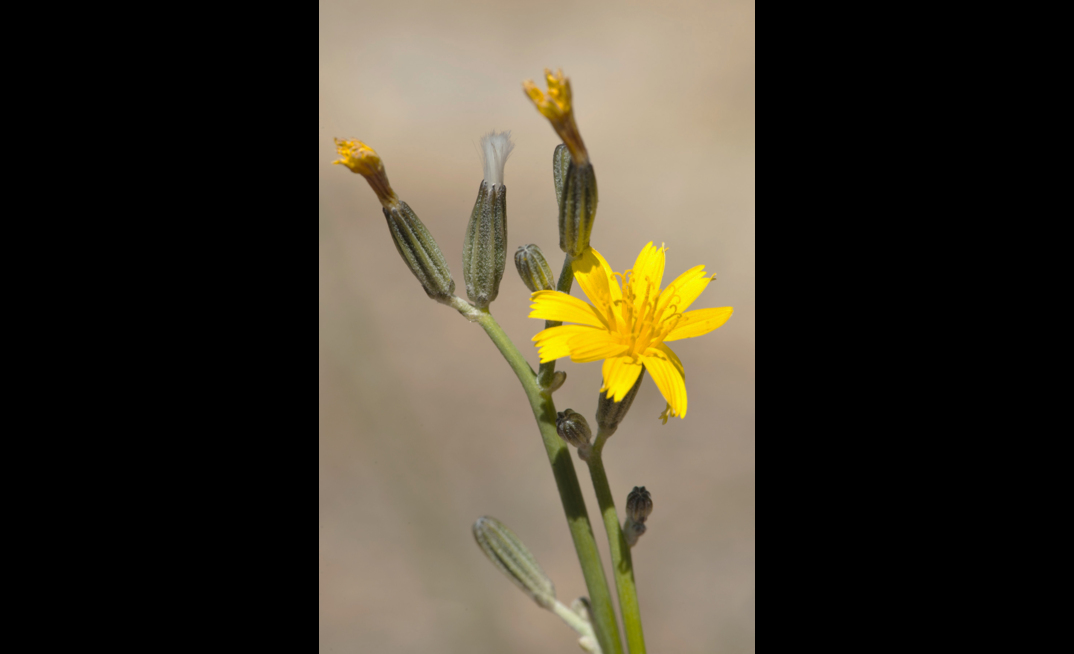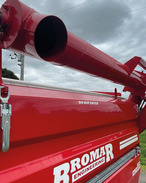The pest weed, featuring striking yellow daisy flowers and skeleton-like stems, competes with crops and pastures for nitrogen and soil moisture - impacting yields and quality.
The program, led by the Department of Primary Industries and Regional Development (DPIRD) in association with seven Local Actions Groups, has successful eradicated the weed from several properties and limited its spread through an effective control program for affected properties, and the detection of newly infected areas.
The surveillance campaign is now underway and will cover 60 properties spanning more than 55,000 hectares across the grain growing regions of the state. It aims to find emerging infestations of the weed in areas where it is not yet recorded but has the potential to spread.
DPIRD project manager, Martin Atwell, said the program includes ground searches, complemented by drone use, to detect plants in target, high risk areas.
"Searching started a little earlier than normal this season and the first flowering plants were detected in November," he said.
"To date the summer searching program has been going well and much of the scheduled searching has been done.
"It is important that landholders continue to monitor searched paddocks and treat any emerging plants, particularly if we get summer rains."
Landholders are encouraged to support the eradication efforts by surveying paddocks over summer and reporting suspect observations.
The Skeleton Weed Program's activities are funded by growers through the Grains, Seeds and Hay Industry Funding Scheme. Activities include herbicide trials, precision mapping and historical data analysis to stem the spread of the weed, as well as several research projects.
Funds are also directed to research investments to help reduce overall skeleton weed infestations, including pollen monitoring and an ongoing initiative examining biocontrol options.
MORE INFORMATION
For more information on the Skeleton Weed Program, including the Skeleton Weed Management Guide, visit the DPIRD website.
Suspected skeleton weed plants should be reported to DPIRD using the MyPestGuide reporter app, via the department's Pest and Disease Information Service on (08) 9368 3080 or by emailing padis@dpird.wa.gov.au.
























